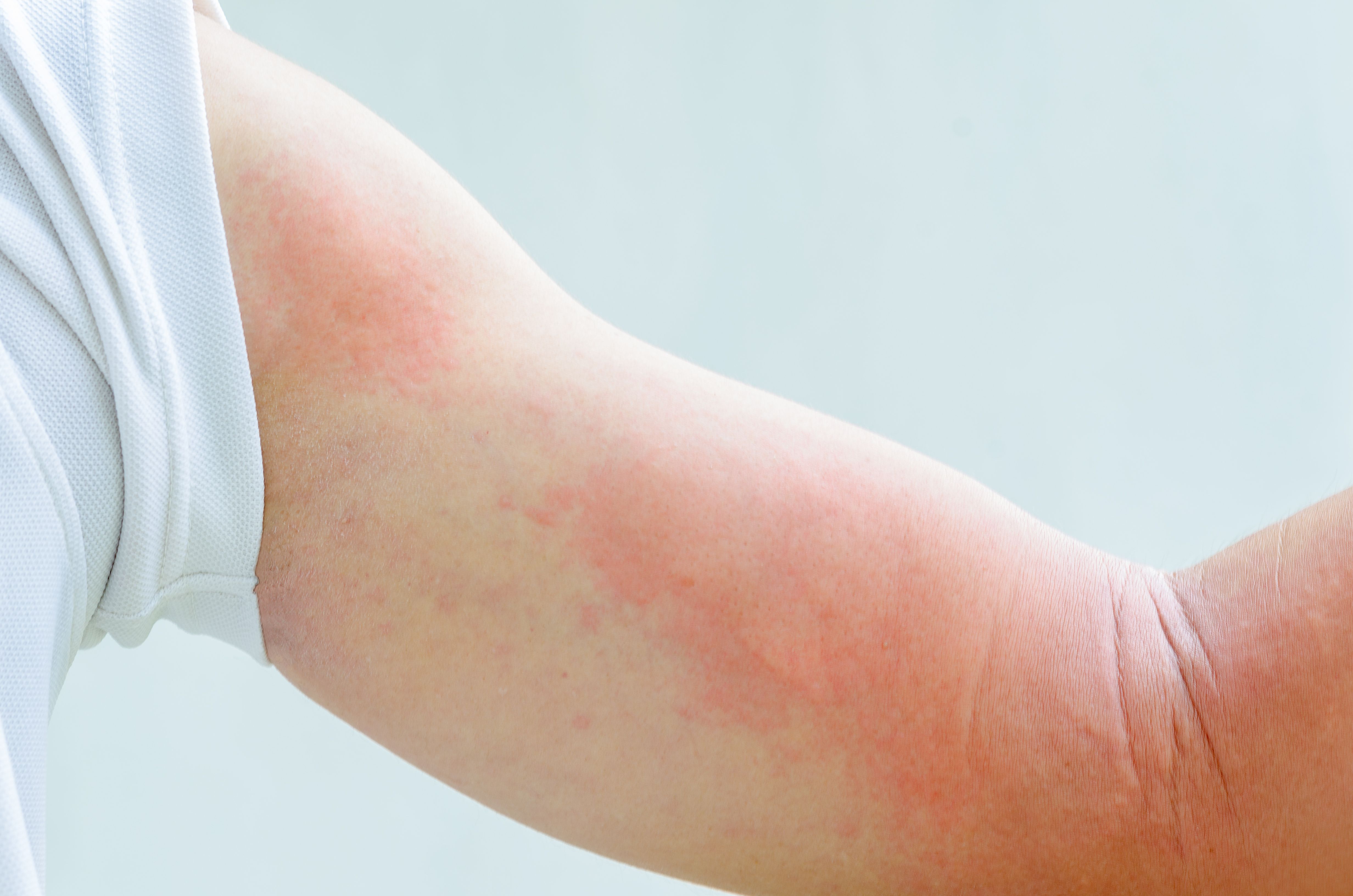- Acne
- Actinic Keratosis
- Aesthetics
- Alopecia
- Atopic Dermatitis
- Buy-and-Bill
- COVID-19
- Case-Based Roundtable
- Chronic Hand Eczema
- Chronic Spontaneous Urticaria
- Drug Watch
- Eczema
- General Dermatology
- Hidradenitis Suppurativa
- Melasma
- NP and PA
- Pediatric Dermatology
- Pigmentary Disorders
- Practice Management
- Precision Medicine and Biologics
- Prurigo Nodularis
- Psoriasis
- Psoriatic Arthritis
- Rare Disease
- Rosacea
- Skin Cancer
- Vitiligo
- Wound Care
News
Article
Reviewing Mast Cell Silencing and Therapeutic Considerations for Chronic Urticaria
Author(s):
The novel therapeutic approach may be promising for patients with the mast cell-dependent disease, which has limited treatment options despite the substantial burden associated with the condition.
Mast cell silencing, a novel therapeutic approach, may act as a promising approach for cell-mediated diseases like chronic urticaria (CU), a mast cell-dependent disease, according to a new review1 published in the European Journal of Allergy and Clinical Immunology.
tinglee1631/AdobeStock

Investigators Metz et al sought to review the role of mast cells in CU and other allergic and inflammatory diseases. Mast cell-associated diseases involving the skin include psoriasis, atopic dermatitis, and chronic prurigo, while mast cell-dependent conditions include CU and mastocytosis.
While related disorders have no curative therapies available, therapeutic interventions may include trigger avoidance, mast cell activation antagonists, mast cell signaling and mediator inhibition, and mast cell depletion and silencing.
This new class of therapies inhibit mast cell activation by blocking several pathways corresponding to mast cell activation. Furthermore, these therapies engage immunomodulatory transmembrane receptors.
“The complex dynamics of the immune system are held in check by mechanisms that regulate the intensity of the immune response to foreign antigens,” wrote Metz et al. “Inhibitory receptors on immune cells serve as gatekeepers, functioning in a negative feedback loop that counters the dangers of an overactive immune response and helps resolve inflammation.”
Related to urticaria, there are currently 2 mast cell silencing drugs in clinical development. These include Anti-Siglec-8 monoclonal antibody (mAb) lirentelimab, or AK002, which is currently in phase 2 of development (NCT05528861) and CD200R agonist LY3454738, also currently in phase 2 (NCT04159701).
“Mitigation of pathogenic MC [mast cell] activity by MC silencing provides a compelling new approach that may offer the benefit of suppressing MC function, but with potentially greater selectivity and less toxicity than MC depletion,” according to Metz et al. “Findings from early clinical trials have been encouraging and provide hope to patients who aspire for a better life without the debilitating effects of MC-dependent disease.”
Reference
- Metz M, Kolkhir P, Altrichter S, et al. Mast cell silencing: A novel therapeutic approach for urticaria and other mast cell-mediated diseases. Eur J Allergy Clin Immunol. 22 August 2023. https://doi.org/10.1111/all.15850
Newsletter
Like what you’re reading? Subscribe to Dermatology Times for weekly updates on therapies, innovations, and real-world practice tips.











